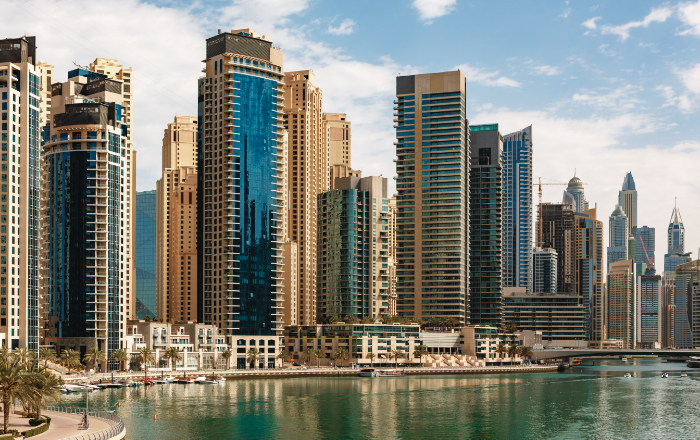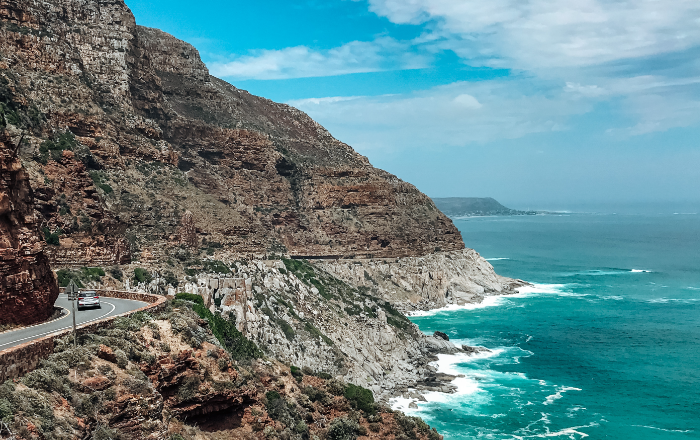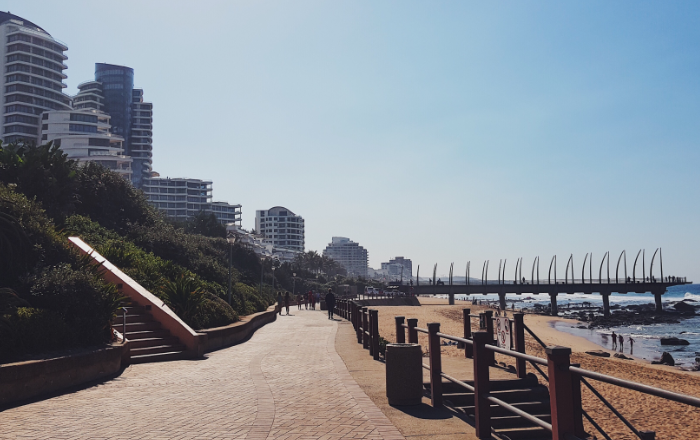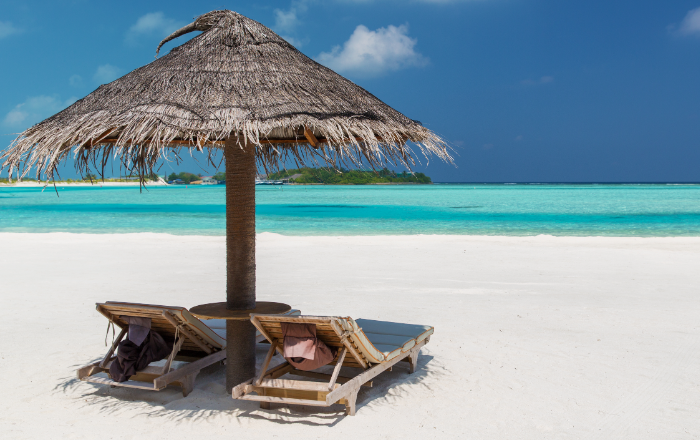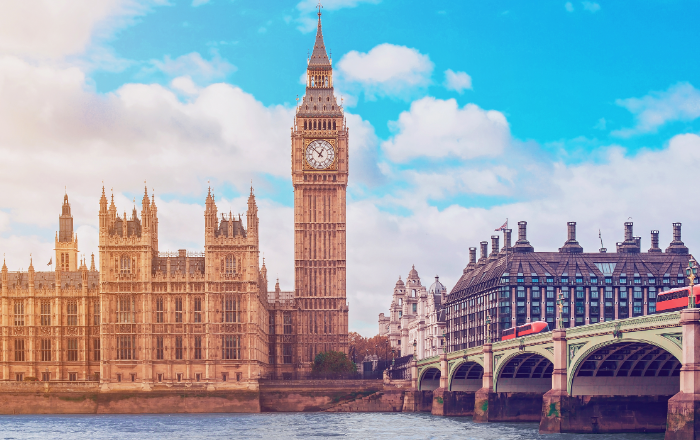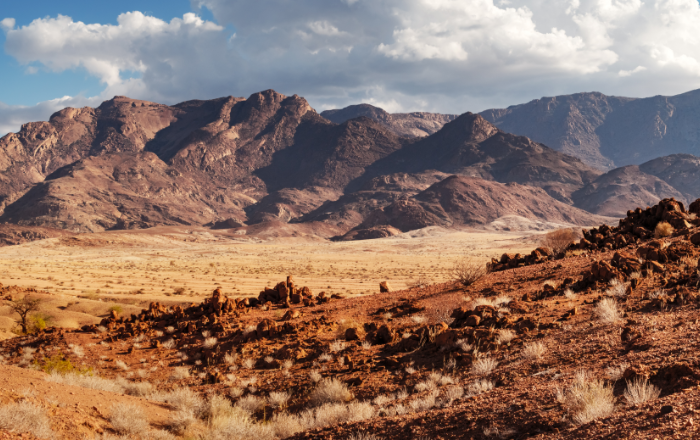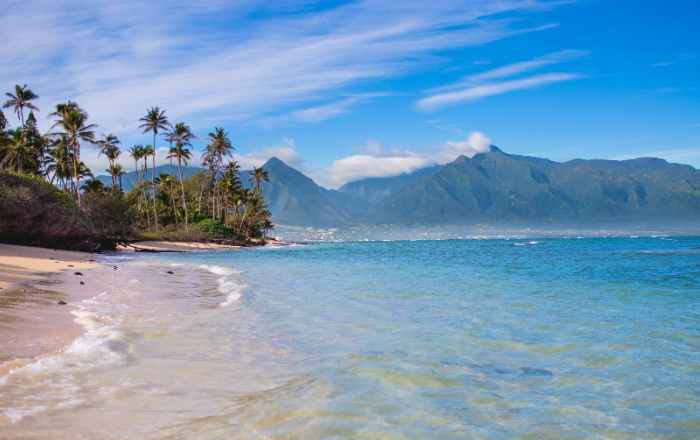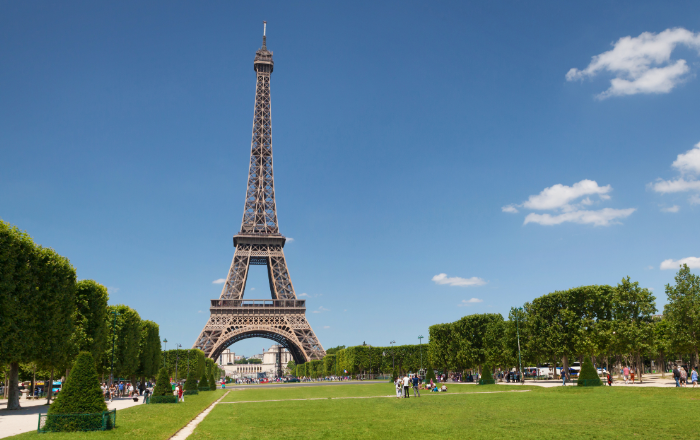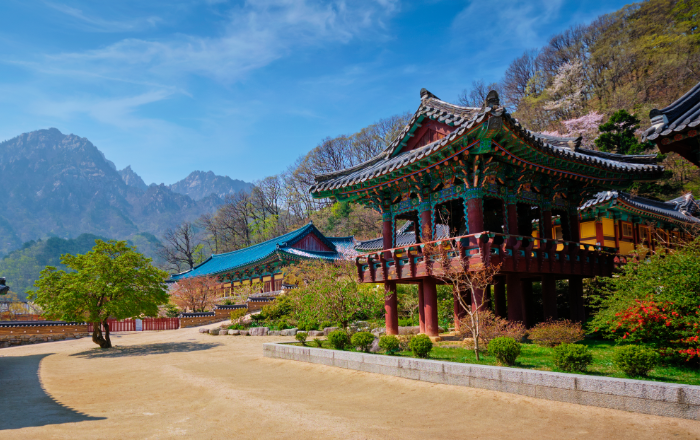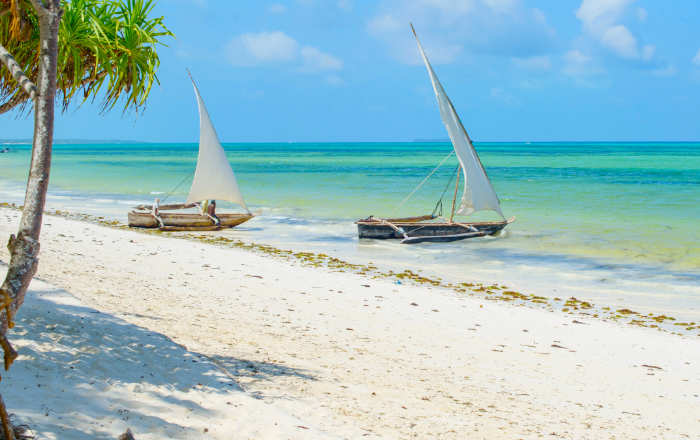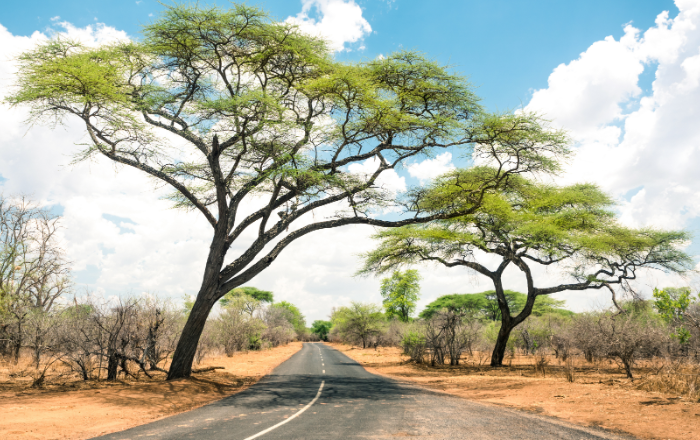Flight tickets from Lanseria to Lagos
Lagos, Nigeria's commercial and financial centre, is a bustling and vibrant city of almost 21 million people. Known for its effervescent nightlife and eclectic street life, Lagos is home to some of Nigeria’s most historic attractions, as well as a rich cultural landscape. Formed in 1967, the dynamic and booming metropolis has become a key hub for international corporations, culture and fashion, making Lagos the perfect location to experience the diverse and colourful culture of the nation. In this text, we'll delve into the unique history of Lagos, from the 15th century onward, as well as its current attractions and attractions to come.
Getting to Know Lagos
Lagos is the largest and most populous city in Nigeria, with an estimated population of more than 21 million people. It is located in the south western region of Nigeria and is the capital of Lagos State. The time zone in Lagos is Nigerian Time (UTC+1). The official language of the city is English, however Yoruba and Hausa are commonly spoken throughout the city. Yoruba is mostly spoken in the far western areas of the city while Hausa is spoken in the northern parts. The official currency of Lagos is the Nigerian Naira (NGN). The Naira is subdivided into 100 kobo. ATMs and banks in the city accept international debit cards and credit cards.
Climate and Weather
The climate of Lagos is a hot, tropical wet and dry climate with high sunshine duration and high temperatures throughout the year. The climate is characterized by two very distinct seasons, the wet season and the dry season. The wet season usually lasts from April to November with the peak rainfall occurring in August and September. The dry season runs from December to March. The average annual temperature in Lagos is 25°C (77°F) with temperatures that are rarely below 21°C(70°F) or above 31°C (88°F). The average annual rainfall is approximately 1000-1500mm, but can vary between 500mm and almost 2000mm in different parts of the city. The warmest months tend to be April, May and June with average high temperatures of up to 32°C (90°F). The coolest months tend to be December, January and February with average high temperatures of around 24°C (75°F).
Touring Lagos: Airport and Transportation
There are two airports in Lagos: the Murtala Muhammed International Airport (LOS) and the Nnamdi Azikiwe International Airport (ABV). To get from either airport to downtown Lagos, you can take a bus or taxi. Buses cost about 400 NGN ($1 USD). Taxis will take you for a negotiated price, so it is best to ask before you get into the taxi what the cost will be. Yes, you can change money at Lagos Airport at both the Murtala Muhammed and the Nnamdi Azikiwe airports.
Exploring the Rich History and Culture of Lagos
- Lagos has a rich cultural heritage which dates back to the sixteenth century when it was colonised by the Portuguese and it is home to a wealth of art, music and dance styles
- The city has a mix of the old and new with attractions such as historic monuments, museums and vibrant markets, alongside modern shopping malls and entertainment venues
- Lagos is also known for its lively street life where you can experience traditional food and lively music in the many vibrant neighborhoods
Check the weather before buying a ticket from Lanseria to Lagos
Q&As for booking flights from Lanseria to Lagos
How long is the flight from Lanseria to Lagos?
The flight from Lanseria to Lagos is about 1 hour and 30 minutes.
How far is the flight from Lanseria to Lagos?
The flight from Lanseria to Lagos is approximately 1230km.
Which airlines fly direct from Lanseria to Lagos?
There are many airlines that fly direct from Lanseria to Lagos, some of which include Delta, American, United, and British Airways.
How many airports are there in Lagos and what are their official names.
There are two airports in Lagos- Murtala Muhammed International Airport and Aminu Kano International Airport.
How many flights are there a week from Lanseria to Lagos?
There is one flight a week from Lanseria to Lagos.
When is the cheapest time to buy a ticket from Lanseria to Lagos?
The cheapest time to buy a ticket from Lanseria to Lagos is 8 days in advance.
How can i get from the main airport to downtown in Lagos and how much does it cost?
The best way to get from the main airport to downtown Lagos is by taxi. A taxi from the airport to downtown Lagos should cost around ₦3,000.
